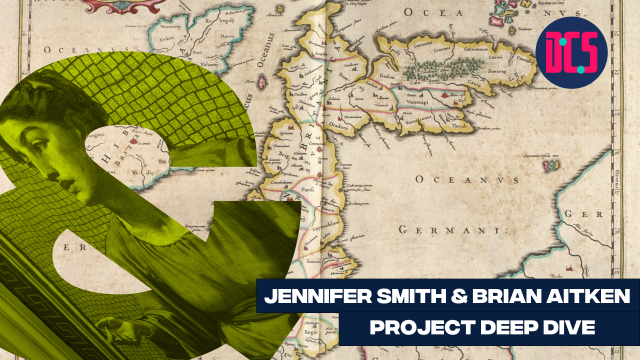Interactive Analysis Reports with R Markdown

In Person
This workshop will help you create your own reproducible, customisable, and interactive analysis reports through R Markdown. By building on the basics of R, we will show you how to instantly prepare your results into a ready-made document (No more copy and pasting your results! Less human error!). We will guide you on how to also create visually pleasing tables and plots, so that engagement can be maximized. To top it all off, you will also learn how to add interactive elements to the report. All of this will be designed into a html document, so that when it’s finished, your analysis can be communicated online with the world.
The workshop will be dedicated to exploring and learning the basics of R Markdown documents, along with some basics of html (don’t worry, this will be kept at a very simple level). From there, we will learn how to create beautiful tables, and how to automate the reporting of your results section.
From there, we will learn how to support your tables with plots, and how to add interactive elements to your plot. We will also share some simple tricks on how to add other interactive elements to your report. Finally, we will show you how to host your report online through GitHub, so that you can better communicate your research with the world.
Aims:
- Learn to create interactive analysis reports with R.
- Creating and customising your own R Markdown reports.
- Learn the basics of rendering documents through R Markdown.
- Create beautiful tables to show off your results.
- Automating reporting.
- Supporting your tables with plots.
- Adding interactive elements, to increase engagement and accessibility of your report.
This is an intermediate-level course. You will need to already understand basic programming in R (i.e., being comfortable with using Tidyverse functions). It will be sufficient for students to have taken the Introduction to Programming with to R and RStudio course. Previous knowledge of statistical analysis is not required but will help you follow the content.
Those who have registered to take part will receive an email with full details and a link to join the session in advance of the start time.
This workshop will be taught by Rhys Davies.
After taking part in this event, you may decide that you need some further help in applying what you have learnt to your research. If so, you can book a Data Surgery meeting with one of our training fellows.
More details about Data Surgeries.
If you’re new to this training event format, or to CDCS training events in general, read more on what to expect from CDCS training. Here you will also find details of our cancellation and no-show policy, which applies to this event.
Learning Outcomes:
- To navigate and use R Markdown documents for reproducible reporting.
- To use inline coding and code chunks to make our reporting as reproducible as possible (and reduce risks of human reporting error).
- To familiarise with the different output formats available with R Markdown, and where/why we might use them.
- To render word documents, pdfs and html documents.
If you're interested in other training on data analysis, have a look at the following:
- Digital Method of the Month: Statistical Methods - Linear Modelling
- Introduction to Statistics and Descriptive Statistics
- Silent Disco: Introduction to Databases and SQL
- A Gentle Introduction to Causal Inference
- Null Hypothesis Testing in R
- Introduction to Bayesian Statistics
- Regression and Mixed Effects Modelling
Return to the Training Homepage to see other available events.
Room 4.35, Edinburgh Futures Institute
This room is on Level 4, in the North East side of the building.
When you enter via the level 2 East entrance on Middle Meadow Walk, the room will be on the 4th floor straight ahead.
When you enter via the level 2 North entrance on Lauriston Place underneath the clock tower, the room will be on the 4th floor to your left.
When you enter via the level 0 South entrance on Porters Walk (opposite Tribe Yoga), the room will be on the 4th floor to your right.












